A cascade of poppies falls from ‘weeping windows’ across Britain. A 50-metre drawing of Wilfred Owen appears in the sand, and is washed away by the sea in which he swam. A silhouetted soldier stands on the white cliffs of Dover. A thousand pumpkins ‘recall’ an antisubmarine airship. You can pretend you are in no-man’s-land in Dorset, or ‘clearing up the immense horrors of trench warfare’ in Dulwich.
Already a subscriber? Log in
Subscribe for just $2 a week
Try a month of The Spectator Australia absolutely free and without commitment. Not only that but – if you choose to continue – you’ll pay just $2 a week for your first year.
- Unlimited access to spectator.com.au and app
- The weekly edition on the Spectator Australia app
- Spectator podcasts and newsletters
- Full access to spectator.co.uk
Or
Unlock this article
You might disagree with half of it, but you’ll enjoy reading all of it. Try your first month for free, then just $2 a week for the remainder of your first year.

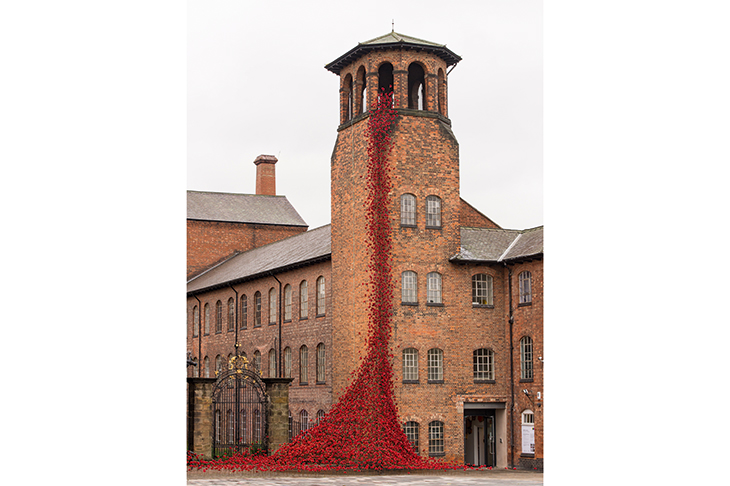
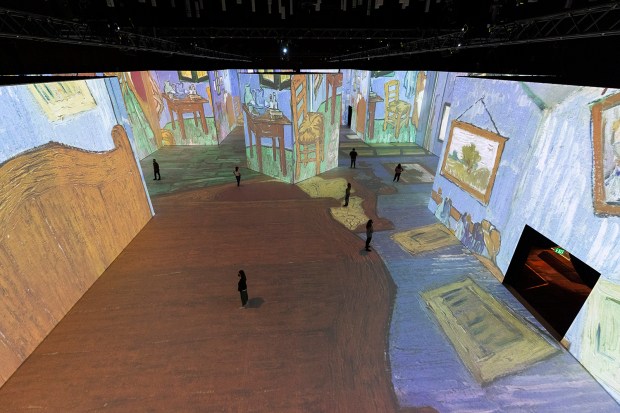
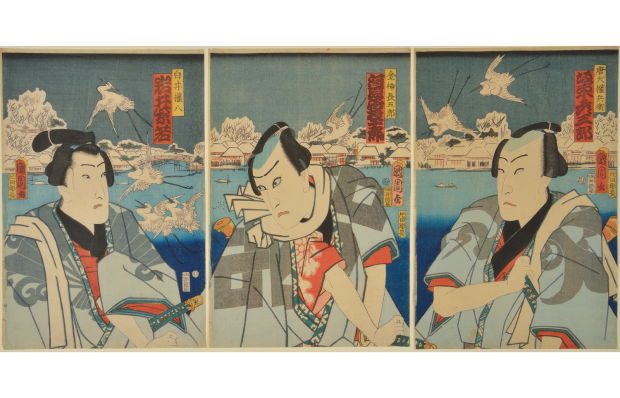

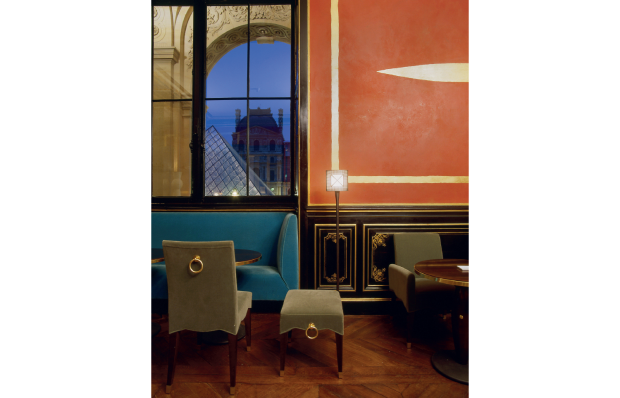
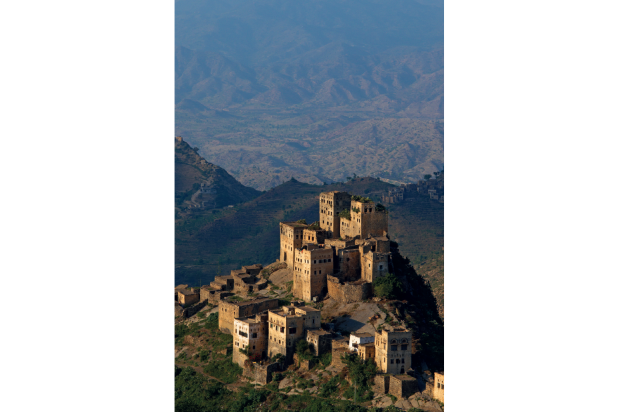
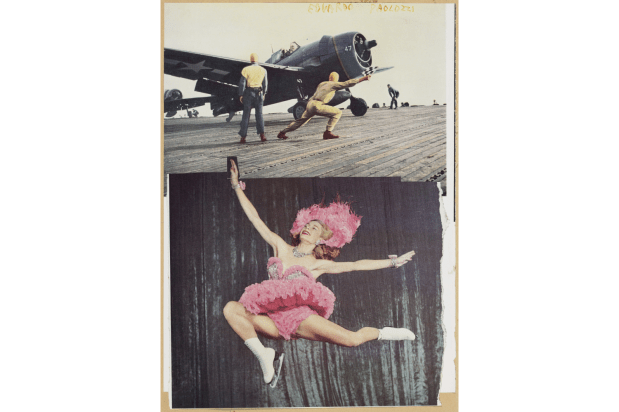






Comments
Don't miss out
Join the conversation with other Spectator Australia readers. Subscribe to leave a comment.
SUBSCRIBEAlready a subscriber? Log in